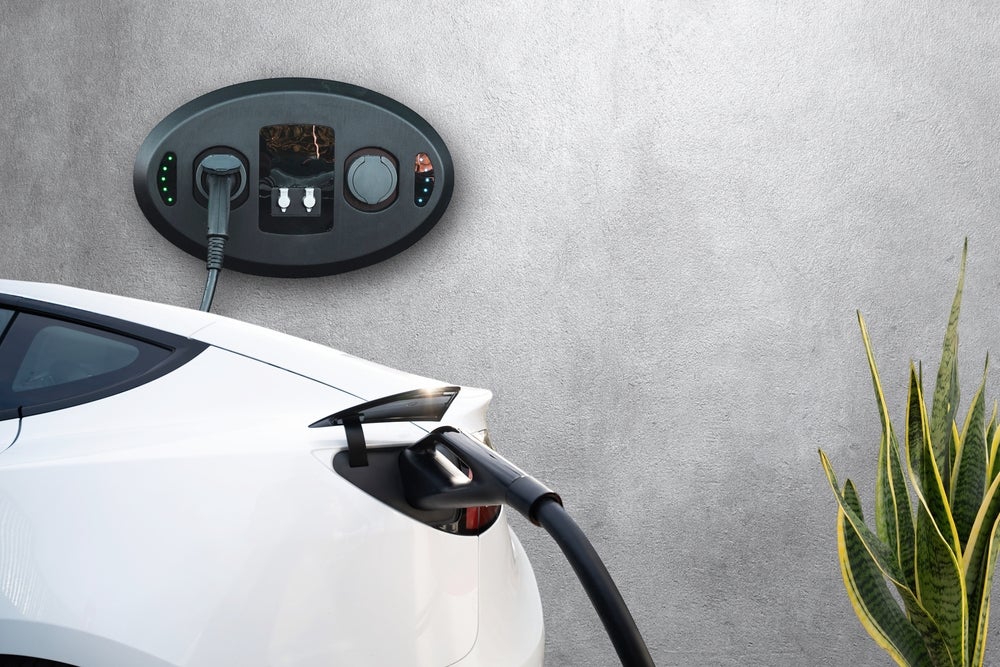
The automotive industry is responding to the latest figures released by the Society of Motor Manufacturers and Traders (SMMT) for March, indicating continued growth in the UK’s new car market.
The UK’s new car market continued its upward trajectory in March, marking its 20th consecutive month of growth with a notable 10.4% rise in registrations, according to the latest figures from the Society of Motor Manufacturers and Traders (SMMT).
With March traditionally being the busiest month due to the introduction of new number plates, a total of 317,786 new cars hit the roads bearing the ’24’ plate – the highest March performance since 2019, albeit still 30.6% below pre-pandemic levels. Fleet investment remained the primary driver of growth, surging by 29.6% as the sector rebounded from previous supply constraints.
However, registrations by private buyers saw a decline of 7.7%, reflecting economic challenges such as low growth, weak consumer confidence, and high interest rates. The small business registration segment also experienced an 8% decrease.
Industry reactions
Jamie Hamilton, automotive partner and head of electric vehicles at Deloitte, pointed out: “The SMMT data underscores the significance of affordability concerns in influencing consumer vehicle choices.”
Hamilton elaborated: “The initial sticker price, combined with ongoing uncertainties surrounding residual values and high interest rates, are contributing to elevated monthly payments, prompting consumers to hesitate in transitioning to battery electric vehicles (BEVs). Additionally, concerns persist regarding consistent access to public charging infrastructure, particularly for customers lacking off-street parking.”
How well do you really know your competitors?
Access the most comprehensive Company Profiles on the market, powered by GlobalData. Save hours of research. Gain competitive edge.

Thank you!
Your download email will arrive shortly
Not ready to buy yet? Download a free sample
We are confident about the unique quality of our Company Profiles. However, we want you to make the most beneficial decision for your business, so we offer a free sample that you can download by submitting the below form
By GlobalDataHamilton further noted: “Plug-in hybrid electric vehicles (PHEVs) are increasingly emerging as a popular alternative, as evidenced by the notable 36.7% growth in PHEV registrations in March.”
Caroline Litchfield, Partner and Head of Manufacturing & Supply Chain at Brabners, commented on consumer demand for plug-in vehicles: “Weak consumer demand for plug-in vehicles has posed a sustained challenge for dealerships.”
Litchfield added: “This sentiment is starting to influence OEM decision-making, with suppliers shifting their focus to hybrids instead.”
David Borland, EY UK & Ireland Automotive Leader, highlighted the dominance of fleet in registration volume growth: “As with previous months, fleet remains the key driver of registration volume growth, with a 29.6% increase year-on-year.”
Borland further noted: “However, March’s outlook for private sales was much more subdued, with a year-on-year decline of 7.7%.”
Nick Williams, Managing Director of Lex Autolease, part of Lloyds Banking Group, expressed optimism about electric vehicle adoption: “While market share fell in March, I still believe this will be a pivotal year for electric vehicle adoption.”
Williams continued: “With the 2024 ZEV target and tough competition from Chinese rivals, many carmakers are reimagining their operations and creating partnerships to launch more affordable models.”
Lisa Watson, Director of Sales at Close Brothers Motor Finance, identified consumer reluctance to shift to EVs: “Whilst consumer demand is returning, electric vehicle (EV) statistics remain skewed by fleet registrations.”
Watson said: “The UK needs to work quickly to improve infrastructure such as charging points to encourage widespread adoption.”
Overall, industry experts anticipate significant market growth this year but stress the importance of addressing affordability concerns and improving infrastructure to accelerate electric vehicle adoption.







